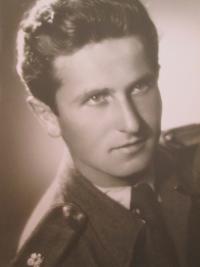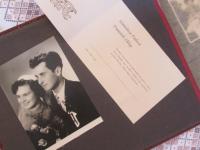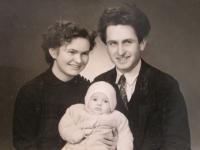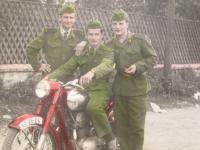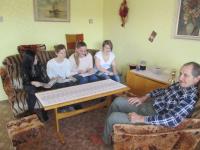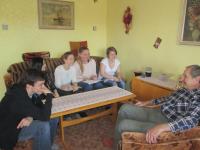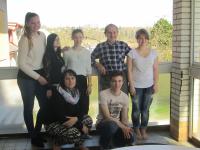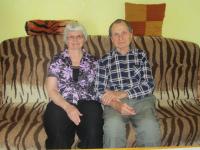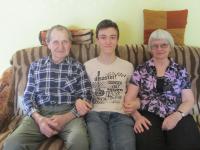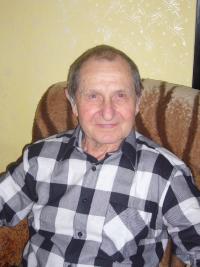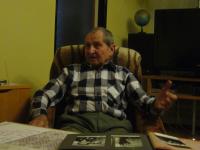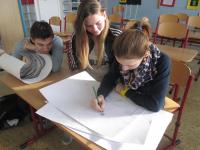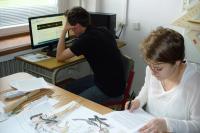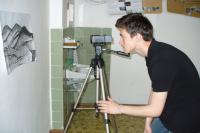This way one truly realizes how nasty the war is
František Chlup was born in 1934 on a farm in Bítovčice, where he studied a two-year school and then he continued at a two-year agricultural school. In 1940, an arsonist set fire to their farmhouse and František’s father spent three weeks in custody because of this incident. At the end of the war, German soldiers as well as Russian Cossacks were passing through Bítovčice. Lots of ammunition was found near the village and František got hurt when he tried to find out how the abandoned ammunition worked. He was to work at the farm, but he did not have much interest in agricultural work, and therefore he began working part-time in the company Motorpal. While working there he gradually learnt the electrician’s trade and he subsequently pursued this profession. He also worked in the company Jihlavan, where he was expected to raise a low morale of a team of electricians. In 1954 he did his military service and he got married after his return. He has stayed with his wife ever after and in 2007 they celebrated their golden wedding anniversary.

